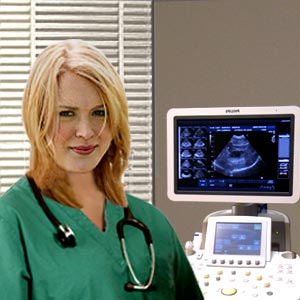

Your doctor will examine your ear canals and eardrums, and your nasal passages and the back of your throat.Īn audiologist may also want to see you if you are having symptoms associated with eustachian tube dysfunction. Your ENT doctor will be able to diagnose ETD by talking to you about your symptoms and by examining you.

How is eustachian tube dysfunction diagnosed?Īn otolaryngologist (ENT) doctor can diagnose eustachian tube dysfunction. Activities such as flying or riding in an elevator can further affect the pressure in the middle ear. Some people will experience only a few of these symptoms and other may experience all of them.
Blocked eustachian tube finger sweep full#
– Plugged or full sensation of your ears.Some common complaints of those with eustachian tube dysfunction are: What are the symptoms of eustachian tube dysfunction? You may also experience ear pain or other symptoms. When this happens, sounds can become muffled and your ear may feel full. This is called eustachian tube dysfunction or ETD for short. But sometimes one or both of our eustachian tubes is plugged and the eustachian tubes cannot open. Sneezing, swallowing, or yawning will usually force open the eustachian tubes to allow air to flow in and out. The purpose of our eustachian tubes is to equalize pressure the pressure in our middle ear. The eustachian tube is a small passageway that connects the upper part of your throat (pharynx) to your middle ears. The most common cause of eustachian tube dysfunction is excessive mucus and inflammation of the tube caused by a cold, the flu, a sinus infection or allergies. As our allergies act up, out middle ear is particularly susceptible to issues, particularly due to dysfunction of our eustachian tubes. All 3 of these parts need to be working properly for us to hear effectively. We have 3 main parts of our ears: the outer ear, the middle ear, and the inner ear. One of the most common symptoms associated with this time of year is eustachian tube dysfunction. These symptoms can range from mild to severe and affect all sort of areas in our bodies as well as in our daily lives.

Now that winter is officially upon us, many people are experiencing some symptoms associated with colds and sinuses.


 0 kommentar(er)
0 kommentar(er)
